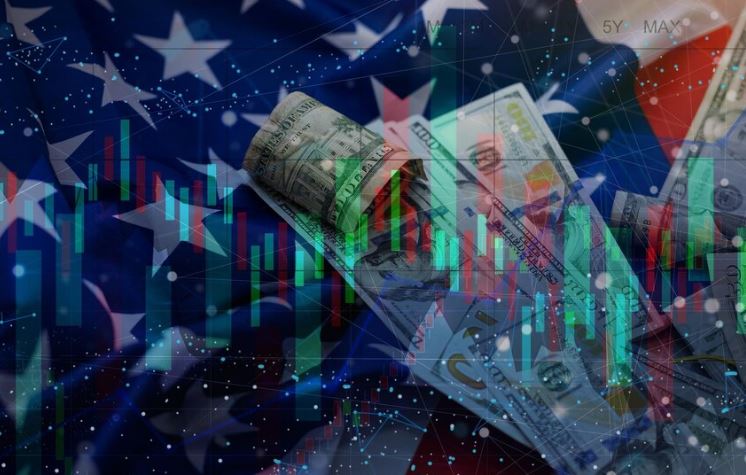Donald Trump has made investments in cryptocurrencies, stocks, and cutting-edge technologies in addition to real estate and the media. Both admiration and skepticism have been directed towards his frequently audacious and unpredictable financial strategy. While some actions follow conventional investment guidelines, others defy accepted wisdom and have an impact on several industries.
His most recent cryptocurrency venture has generated international attention. Trump’s changing views on digital assets are highlighted by his administration’s push for a U.S. Strategic Bitcoin Reserve and his partial ownership of the digital exchange World Liberty Financial. In stark contrast to his previous criticisms of Bitcoin, the move points to an effort to establish the United States as a leader in blockchain-driven finance.
| Category | Details |
|---|---|
| Full Name | Donald John Trump |
| Date of Birth | June 14, 1946 |
| Profession | Businessman, Investor, Politician |
| Key Investments | Real Estate, Media, Cryptocurrency, Stocks |
| Crypto Holdings | Bitcoin, Ethereum, Meme Coins |
| Latest Venture | U.S. Strategic Bitcoin Reserve |
| Company Affiliation | Trump Media & Technology Group, World Liberty Financial |
| Estimated Net Worth | $2.5 – $3 billion |
Digital currencies are not the only investments in Trump’s portfolio. Even though the market is changing, his real estate empire is still a key asset. Despite some reports of declining valuations, luxury properties under his name continue to bring in money. In the meantime, his media conglomerate, especially Truth Social, has ventured into new financial markets, such as investment vehicles based on Bitcoin.
Trump’s financial ploys have also caused a reaction in the stock market. His trade relations, corporate tax, and tariff policy announcements have caused volatility and impacted investment trends in a number of industries. His return to political prominence, according to analysts, may cause major changes in market sentiment, especially in the energy, technology, and financial services sectors.

Making semiconductors is one of Trump’s most noteworthy business ventures. Taiwan Semiconductor Manufacturing Company (TSMC) made a historic $100 billion commitment to build new production facilities in the United States under his administration. By increasing domestic chip manufacturing, this action seeks to improve national security and lessen dependency on overseas supply chains.
According to reports, he has investments in venture capital firms that specialize in clean energy and artificial intelligence, demonstrating his financial clout in the private equity space. His financial team has quietly looked into investments in renewable energy, realizing its long-term economic feasibility, despite his political rhetoric favoring fossil fuels.
Trump continues to take a particularly aggressive approach to investments. His capacity to influence market trends is comparable to how tech executives propel innovation in their respective industries. His financial strategies are particularly powerful because a single statement from him has the power to send stocks skyrocketing or crashing.
The public’s opinion of Trump’s investments is still divided. Critics contend that his business endeavors put personal wealth ahead of the interests of the country, while supporters view his financial savvy as evidence of strategic leadership. The story of his financial transactions is made more difficult by ongoing ethical questions regarding possible conflicts of interest.
In the future, Trump’s investment tactics are probably going to continue to garner interest. His adoption of digital assets, calculated wagers on developing markets, and sway over economic policy foster an atmosphere in which his financial choices are highly significant. It is still up for debate whether these actions solidify his reputation as a high-stakes risk-taker or a financial visionary.


